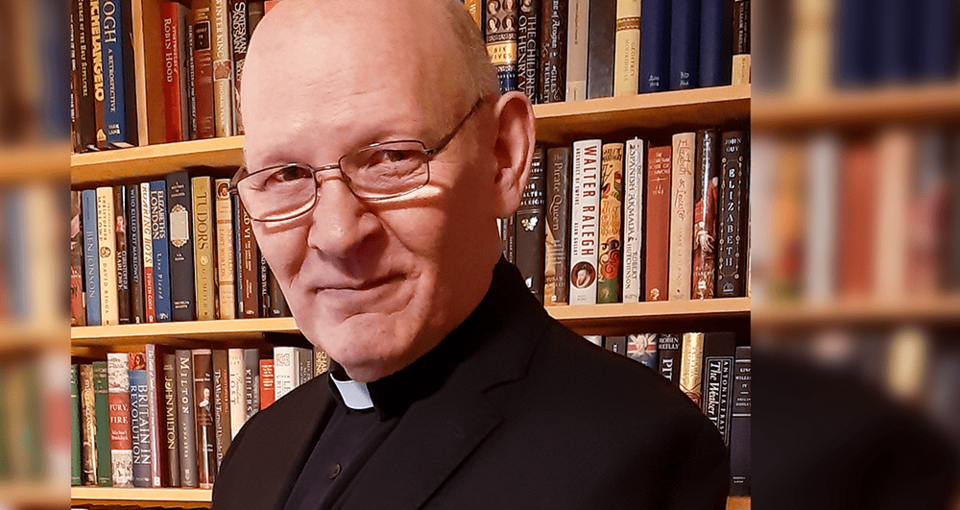I suppose the time will come when those on the political right will stop crying “cancel culture,” but it won’t be for a while. As nauseating as this reductive slogan might be, those who throw it around have something of a point. While the revolution has to breathe and the complacent and the comfortable are being correctly shaken, there are times when even the most righteous campaign can go too far.
What so irks me, however, is the frequent hypocrisy of so many of those who complain. First, it was the right who successfully played this game for generations, with the left very much as newcomers. If you doubt me, consider the odious Joe McCarthy, the Roman Catholic Church’s Index Librorum Prohibitorum (List of Prohibited Books) — that little beauty wasn’t abolished until 1966 — or the various progressive voices squeezed out of mainstream culture and argument, including in this country.
Then there’s the personal. Until eight years ago I was of the right, especially the Christian and socially conservative right. The details of my “epiphany” aren’t important here, but I’ve ended up an Anglican priest of the liberal Catholic, Christian socialist brand — and one who, in Canada at least, has a fairly high profile as a columnist and author.
When I moved my position on some, though far from all issues, I found myself the target of a storm of censorship and hostility. Thousands of emails, death threats, attacks on my family, calls for my wife to leave me, accusations that I was a child abuser — I still receive that one almost daily — and allegations that I was a thief and a fraud, who had only changed his views for money. That was especially odd, in that the same people organized boycotts of advertisers so that newspapers and radio stations would fire me. Credit where it’s due: it worked.
I lost five regular newspaper columns, a dozen speeches, a book contract, two radio shows, and a television hosting position. There is none so angry as a conservative fundamentalist scorned. The TV position was interesting because, as with many of these platforms, I had a contract. I was ditched just before Christmas, told: “It is felt that with the high public profile you have in media and social networking in relation to gay marriage we have to part our ways as an organization.”
I responded that not only had the TV show given me a list of confirmed dates of when I would be hosting, but that I’d also never even mentioned the issue of equal marriage on their program. No matter, I was gone. Merry Christmas and a Happy New Year. I suppose I could have sued but chose another path. Jesus and all that.
Because of my views I was no longer welcome in a publication that regularly lamented the rise of cancel culture
The attempt to “cancel” me has continued for years now, and even travels continents and causes. Last year, a leading British conservative online platform for which I’d written 19 articles suddenly stopped accepting my pitches. This surprised me, as the senior editor had just sent me a personal email explaining what a fan she was, and they’d said yes to almost everything I’d suggested, with column subjects ranging from long-dead British writers, to the state of Roman Catholicism, to Canadian politics.
Finally, after several rejections, I asked if it was worth my while trying. No, I was told, by an obviously embarrassed editor. Because of my views I was no longer welcome in a publication that regularly lamented the rise of cancel culture. Not my views expressed in the journal itself, but my views apparently expressed elsewhere. It seemed bizarrely unjust.
Yet this, regrettably, is the norm. There are genuine liberals out there who will encourage a whole range of opinion, if it’s well expressed and within the frame of civilized comment. But in my experience, the loudest of conservative complainers about cancel culture are some of the quietest defenders of its authentic antithesis.
Voltaire, of course, didn’t actually say that he might disapprove of what you say but would defend to the death your right to say it, but he did sort of think it. Mind you, he benefited from the proceeds of slavery, and was a grotesque racist and anti-Semite. And yes, he’s often been cancelled in his native France because of it. I’m just a Christian lefty who annoys right-wingers and won’t shut up when it’s good for me. As I say, it’s going to take a long time to sort this one out. But please, just try to be consistent. ◆



